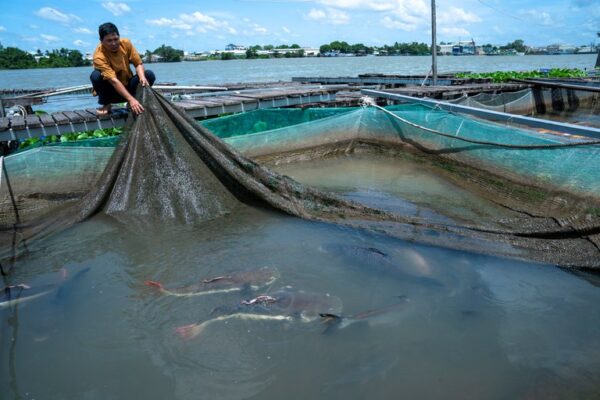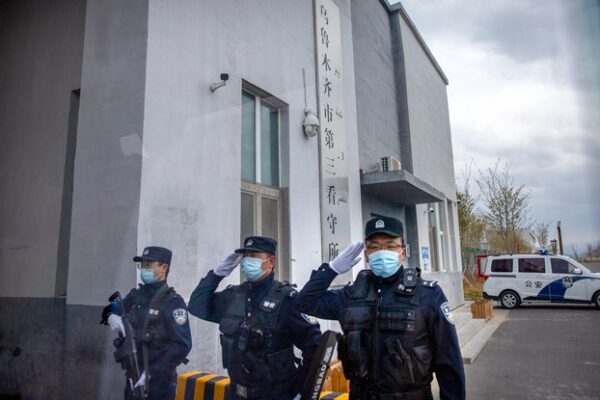In Tibet, parents plead for children to help collect caterpillar fungus
It’s caterpillar fungus harvesting season in Tibet, and parents have staged protests urging Chinese authorities to let their children leave a residential boarding school to help collect the rare ingredient used in traditional medicine, two sources inside the region said. Gathered in the Tibetan highlands, caterpillar fungus has been used for centuries to treat heart, liver and lung diseases, high cholesterol, low libido and impotence – despite a lack of scientific evidence. It can fetch US$18,000 a pound, and in rare cases more than US$50,000 a pound. Parents in Tenchen county, or Dengqen in Chinese, in Chamdo city, in the eastern part of the Tibet Autonomous Region protested on April 27 to allow their children to return home to help with the harvest, on which many families depend to make a living. Exclusive video footage shared with Radio Free Asia showed over 40 Tibetan parents standing outside the boarding school in Trido township, Chidu in Chinese, with some seen hugging the railings of the school gate. Most are kneeling with hands folded or their thumbs out, a Tibetan gesture of appeal for mercy, as they shout “Please let the children go.” ‘Summer grass, winter worm’ Families rely on the help of their children, especially the younger ones who are trained in the labor-intensive harvesting of yartsa gunbu, said the first source, using the Tibetan name of the slender brown root-like fungus, which translates as “summer grass, winter worm.” Caterpillar fungus. (Citizen journalist) The fungus, which originates from dead caterpillars, is found in meadows above 3,500 meters (10,500 feet) in Tibet, parts of China and in the neighboring Himalayan regions of Bhutan and Nepal. Called dong chong xia cao in Chinese, its scientific name is Ophiocordyceps sinensis. The fungus can be consumed directly, added to food or liquids, or ground up for use in traditional medicine. In the past, children studying in what rights groups call colonial-style boarding schools were allowed to return home on weekends and given longer breaks during the April-June period so they could help their families with the harvest. “Tibetan families need all the help they can get during the caterpillar fungus harvesting season because the harvest and sale of the fungus is the main source of income for them,” said the second source, who like the first spoke insisted on not being named. “Previously, the school would allow the students to go in batches on longer leave of a week to a fortnight during this period,” he said. During the protest, parents appealed to authorities to show more consideration in allowing the children to go home during the harvesting season by adjusting their vacation time to ensure there would be no disruption to the children’s studies and to families’ earnings prospects, he added. None sent home yet after agreement A day after the protest, county officials intervened in the matter and agreed on April 28 to send some of the students back home, said the sources. However, in response to an RFA request for confirmation, an official at the local county office said the students had not yet been sent home as of Monday. RFA contacted the Tenchen County Education Bureau for more information, but officials there refused to comment. According to a December 2021 report published by Tibet Action Institute, the Chinese government’s network of boarding schools for Tibetan children are “colonial projects” operating under the guise of providing education to Tibetan populations spread across vast areas, but in reality are part of an assimilation campaign promoted by Chinese President Xi Jinping. Activists and Tibetans fear the long-term implications of these boarding schools, where they say Tibetan children are separated from their parents and homes in an attempt to reduce real contact with their own language and culture and are instead taught primarily in Chinese, with intense political indoctrination. Translated by Tenzin Palmo for RFA Tibetan. Edited by Tenzin Pema for RFA Tibetan, and by Roseanne Gerin and Malcolm Foster.




